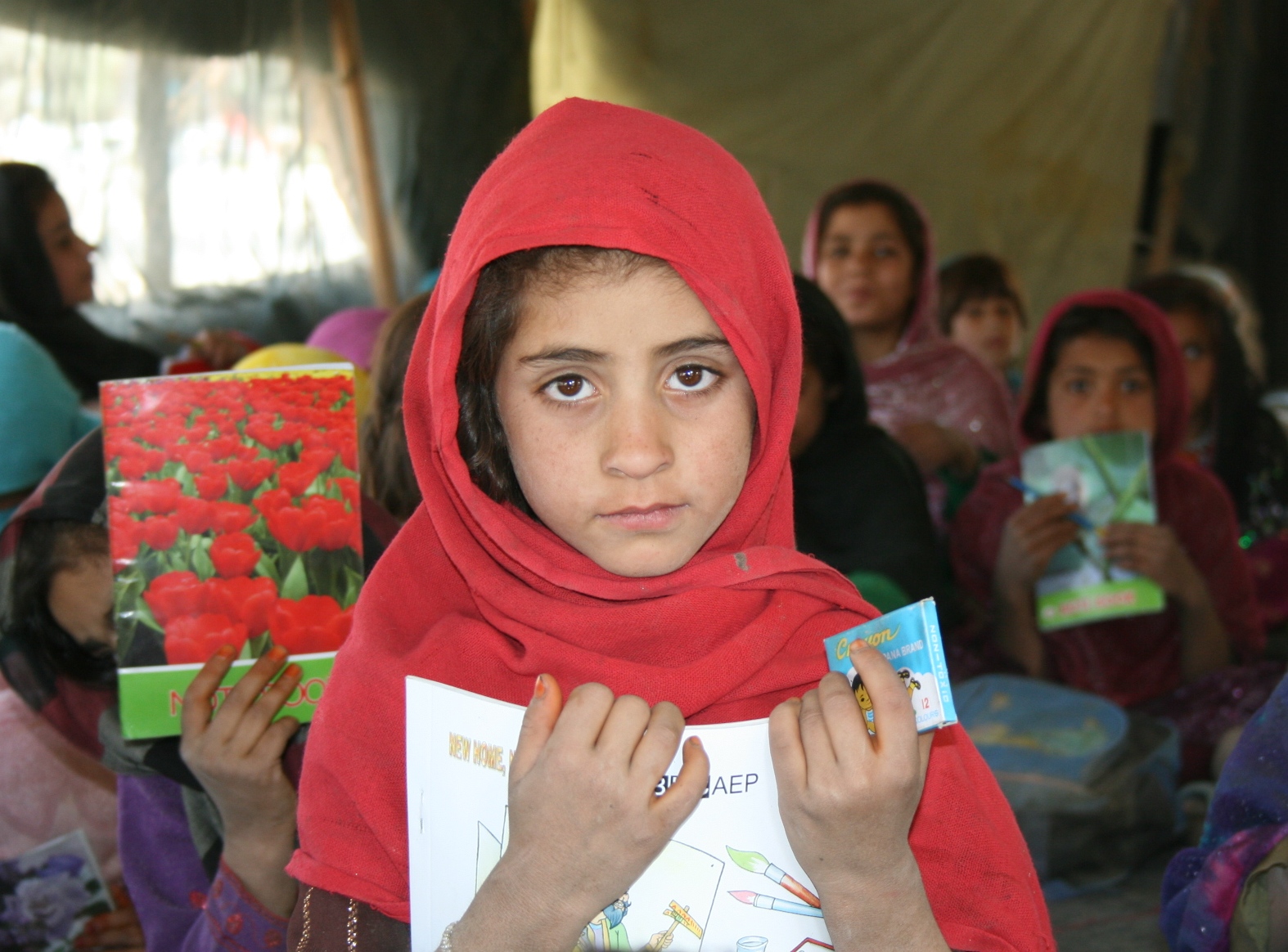“In his message to a Taliban military council in Khost Province [southeastern Afghanistan], Mullah Omar said attacks on schools and students are the work of the enemies of Afghanistan and Islam,” MoE spokesman Sefatullah Sapai told IRIN, adding that the Ministry was not in direct contact with the insurgents.
An MoE statement on 29 March “sincerely” welcomed the Taliban’s announcement, and expected its “honest implementation”.
No Taliban spokesperson was immediately available to confirm their reclusive leader’s message on schools.
Over 300 schools have been reopened in secure parts of the country over the past year, after tribal councils were given the nod by powerful insurgents.
About 350 schools are still closed mainly due to insecurity and threats, thus depriving over 200,000 children of an education, MoE said.
During their rule in Afghanistan (1996-2001), the Taliban barred females from attending schools or colleges. However, MoE says there are currently 2.4 million girls and almost five million boys enrolled at 13,000 schools across the country.
“We plan to reopen all the closed schools and build 1,000 new schools in 2011,” said Sapai.
Despite the reported progress, about 4.5 million school-age children are deprived of an education due to various social, economic and security problems, according to MoE.
A group of 16 local and foreign aid agencies warned in a report on 24 February that girls’ education was at risk in Afghanistan due to “poverty, growing insecurity, a lack of trained teachers, neglect of post-primary education and poorly equipped schools”.
Literacy rates in Afghanistan are among the lowest in the world - 18 percent for females and 49 percent males. Such rates exacerbate poverty and cause other problems, according to the UN Children’s Fund.
ad/cb
This article was produced by IRIN News while it was part of the United Nations Office for the Coordination of Humanitarian Affairs. Please send queries on copyright or liability to the UN. For more information: https://shop.un.org/rights-permissions





